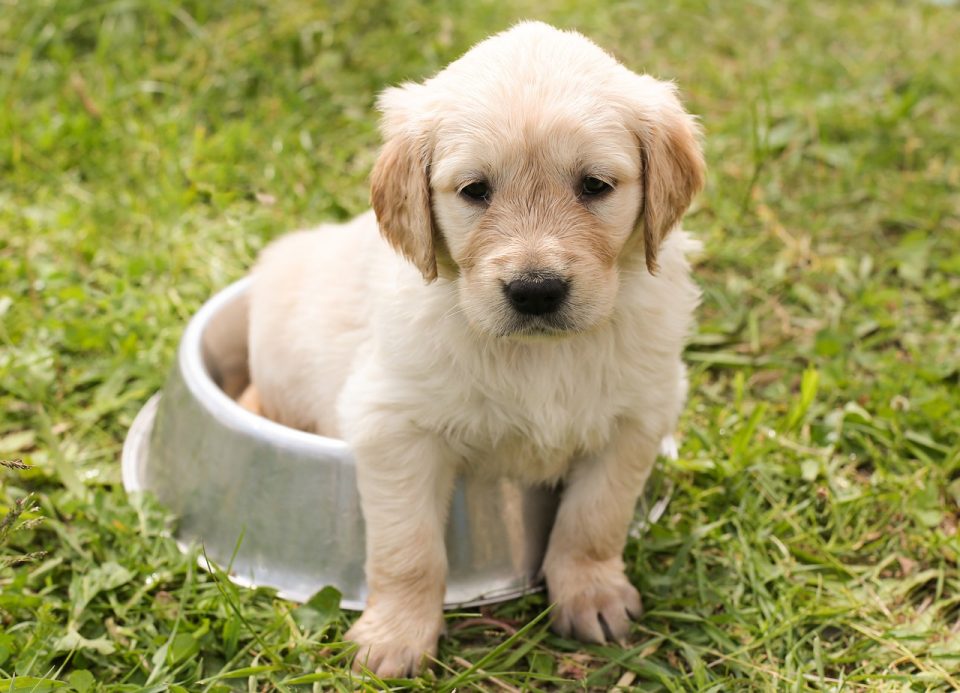Who keeps the pets if we split up?

The emotional ties we have with our pets run deep. They are a part of the family, but what happens when a relationship ends? Who gets custody of the pets? We explain how the legal process applies to your ‘fur-babies’.
Pets are integral members of many Australian families. Our furry friends offer wonderful companionship and never-ending love. I must admit, I even refer to my own two dogs as my ‘fur-babies’. However, the strong bonds we form with our pets can create a rather awkward issue when couples decide to separate, as only one party can ‘keep’ the family pet.
What does the law say?
The Family Law Act 1975 does not make provisions for the care of family pets upon the separation of their owners. This means that pets are considered personal property and are to be treated as an asset of the relationship, much like a car or a house. As such, the separating parties must either agree that one of them will retain the family pet as part of settlement, or the Court will ultimately make the decision of who is to have ownership and possession of the pet.
When negotiating who is to retain the family pet it is useful to consider whether both parties actually have the financial income and means to look after the pet. For example, it would be rather difficult for a low-income party who plans to retain an inner city apartment to also pursue care of the family horse, especially if the other party is likely to retain acreage and receives an adequate income to care for the animal.
Another fairly obvious consideration would be if the family pet is also a service animal. As such, it would be logical for the party requiring the service animal to retain the pet.
Negotiations may also result in one party agreeing to forgo a portion of their share of the property settlement in order to receive the family pet. However, if agreement can not be reached and negotiations fail to resolve the issue, then the Court will determine the outcome that it considers to be fair and equitable, in all of the circumstances.
What about when children are involved?
The issue can be slightly different if there are children of the relationship, as the Court may consider what is in the best interest of the children. In doing so, the Court may come to a determination that it is within the best interest of the children for the family pet to reside with a particular party.
In some rare cases, the Court has found that it is in the best interest of the children that the family pet live with the children. The family pet therefore moves between the parties respective houses with the children, in accordance with a shared care parenting arrangement.
Whilst the Court may not have the jurisdiction to order a shared care arrangement exclusively for pets, there is nothing preventing amicable parties from deciding to honour an informal shared care arrangement. The only issues being that neither party is technically the sole owner of the pet and that the informal care arrangement can not be officially enforced.
The family pet is one example of many difficult issues that can arise when parties decide to separate. If you are going through a separation and need some advice about your rights, then our family law team at Tindall Gask Bentley can advise you about and guide you through the process with confidence and expertise.